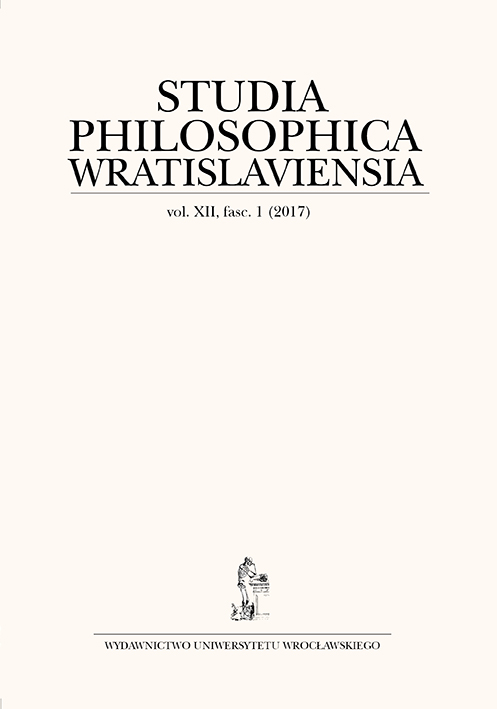

ARTYKUŁY

Looking for the certitude in the shadow of the Absent
Descartes — Kant — Husserl
The present article is an attempt to analyse the notion of God and its relations to the model of subject in the thought of Descartes, Kant and Husserl. The aim is to show that their transcendental reflection in search of certitude necessarily involves two moments. The first one is the negative moment of rejecting the naive notion of God, while the second one is the positive search for the mature notion of the Absolute. The analysis leads to the conclusion that the deepening self-perception of the subject, which progresses with the development of a transcendental motif, enables a more radical fight against idolatry. At the same time, this deepening self-perception, which induces the destruction of the naive notion of divinity, entails the secularisation of different areas of reflection. Thus, in the end, it turns out that the lack of knowledge about the subject’s own limits and possibilities may be considered as the source of idolatry. However, the following problem is formulated: is it possible to obtain the complete subjective self-awareness and full liberation from the idols’ reign?